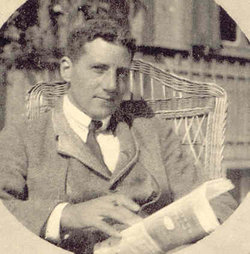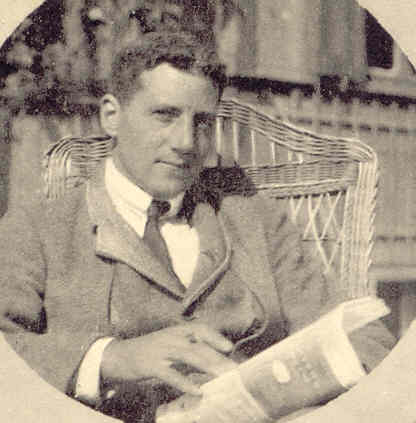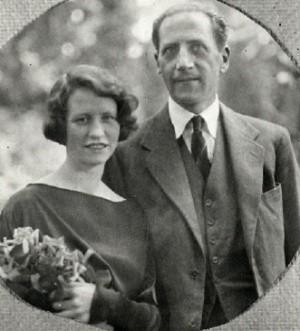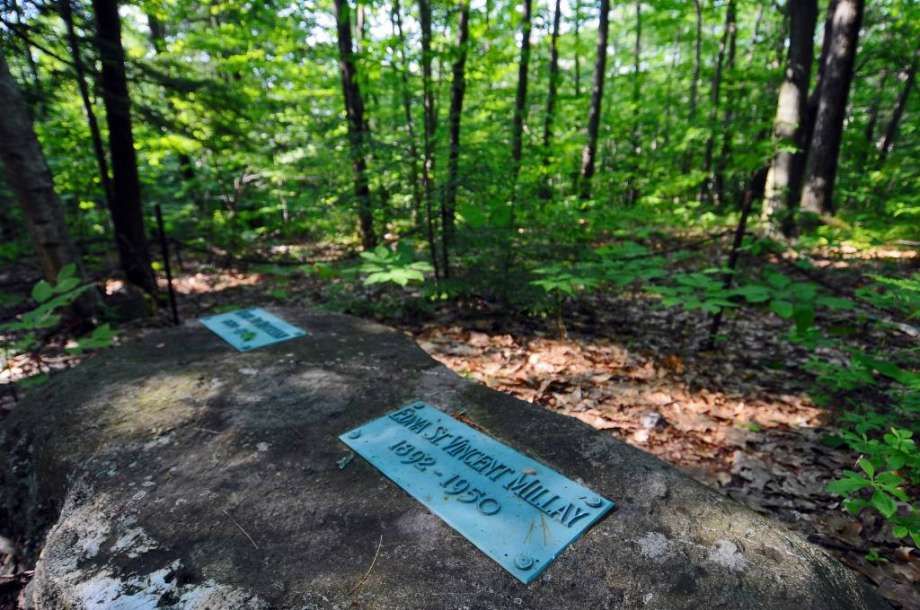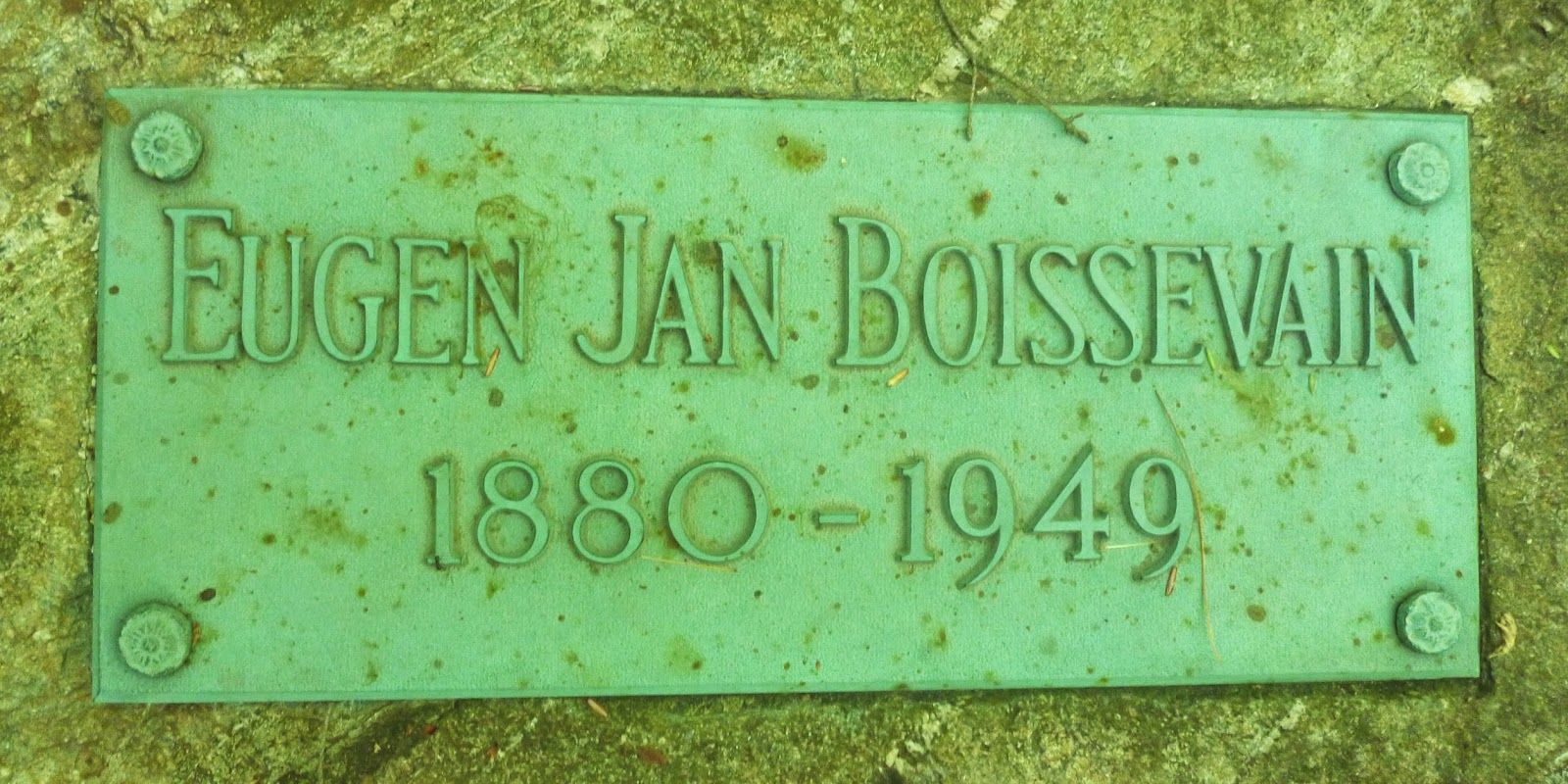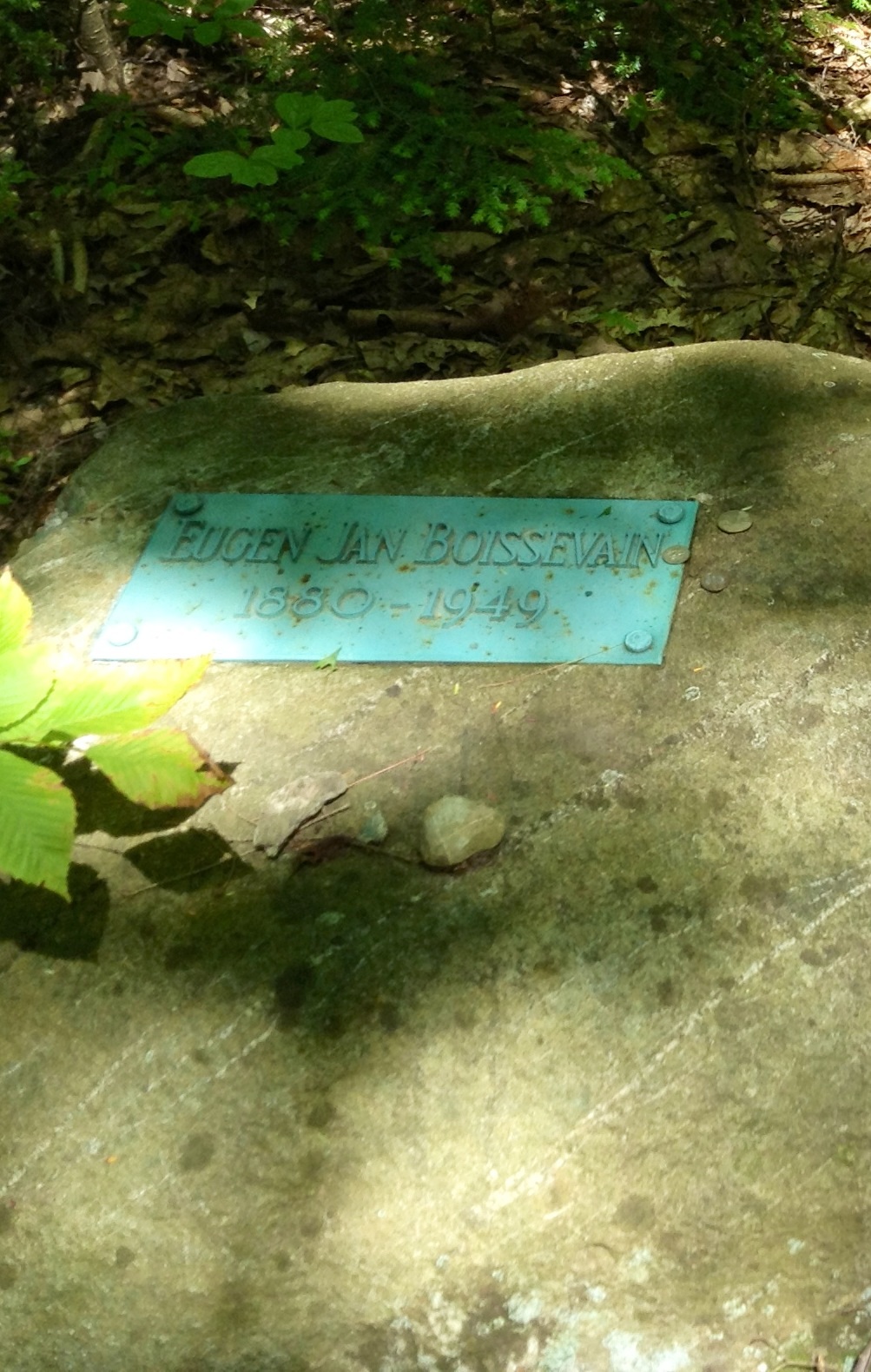Born in Amsterdam, the Netherlands, son of Charles Boissevain, and Emily Heloise MacDonnell.
Charles Boissevain was one of Europe's leading newspaper editors.
Eugen was educated by tutors, and in a private school.
As a youth he visited the United States, and was received by President Theodore Roosevelt at the White House. He developed a strong liking for this country, and, although he returned to Amsterdam to enter business, it was with the intention of returning here to live.
In 1913 he married, in London, Inez Milholland, noted New York lawyer, suffragist, and social worker. She died in 1916.
Miss Millay and Mr. Boissevain were married in 1923 at Croton-on-Hudson, New York, in a ceremony performed just before the noted poet underwent a serious operation. They had known each other for only a few weeks.
For many years Mr. Boissevain conducted an importing business In New York, dealing in sugar, coffee, and copra, from Java.
He retired since 1929.
He leaves a brother, and four sisters, in Europe. Mr. Boissevain, as a youth, was a noted athlete. His prowess as a rower became widespread. He rowed in the Henley Regatta on the Thames in England and was urged to contend for the Diamond Sculls, considered the stiffest of rowing competitions.
New York Times, Aug. 31, 1949
===========
Eugen was described, as quoted from Alyse Powers: "Handsome, reckless, mettlesome as a stallion breathing the first morning air, he would laugh at himself, indeed laugh at everything, with a laugh that scattered melancholy as the wind scatters the petals of the fading poppy ... One day his house would be that of a citizen of the world, with a French butler to wait on the table and everything done with the greatest bienseance, the next the servants would have as mysteriously disappeared as bees from a deserted hive, and he would be out in the kitchen washing the dishes and whistling a haunting Slavic melody, as light-hearted as a troubadour. He had the gift of the aristocrat and could adapt himself to all circumstances ... his blood was testy, adventurous, quixotic, and he faced life as an eagle faces its flight."
Born in Amsterdam, the Netherlands, son of Charles Boissevain, and Emily Heloise MacDonnell.
Charles Boissevain was one of Europe's leading newspaper editors.
Eugen was educated by tutors, and in a private school.
As a youth he visited the United States, and was received by President Theodore Roosevelt at the White House. He developed a strong liking for this country, and, although he returned to Amsterdam to enter business, it was with the intention of returning here to live.
In 1913 he married, in London, Inez Milholland, noted New York lawyer, suffragist, and social worker. She died in 1916.
Miss Millay and Mr. Boissevain were married in 1923 at Croton-on-Hudson, New York, in a ceremony performed just before the noted poet underwent a serious operation. They had known each other for only a few weeks.
For many years Mr. Boissevain conducted an importing business In New York, dealing in sugar, coffee, and copra, from Java.
He retired since 1929.
He leaves a brother, and four sisters, in Europe. Mr. Boissevain, as a youth, was a noted athlete. His prowess as a rower became widespread. He rowed in the Henley Regatta on the Thames in England and was urged to contend for the Diamond Sculls, considered the stiffest of rowing competitions.
New York Times, Aug. 31, 1949
===========
Eugen was described, as quoted from Alyse Powers: "Handsome, reckless, mettlesome as a stallion breathing the first morning air, he would laugh at himself, indeed laugh at everything, with a laugh that scattered melancholy as the wind scatters the petals of the fading poppy ... One day his house would be that of a citizen of the world, with a French butler to wait on the table and everything done with the greatest bienseance, the next the servants would have as mysteriously disappeared as bees from a deserted hive, and he would be out in the kitchen washing the dishes and whistling a haunting Slavic melody, as light-hearted as a troubadour. He had the gift of the aristocrat and could adapt himself to all circumstances ... his blood was testy, adventurous, quixotic, and he faced life as an eagle faces its flight."
